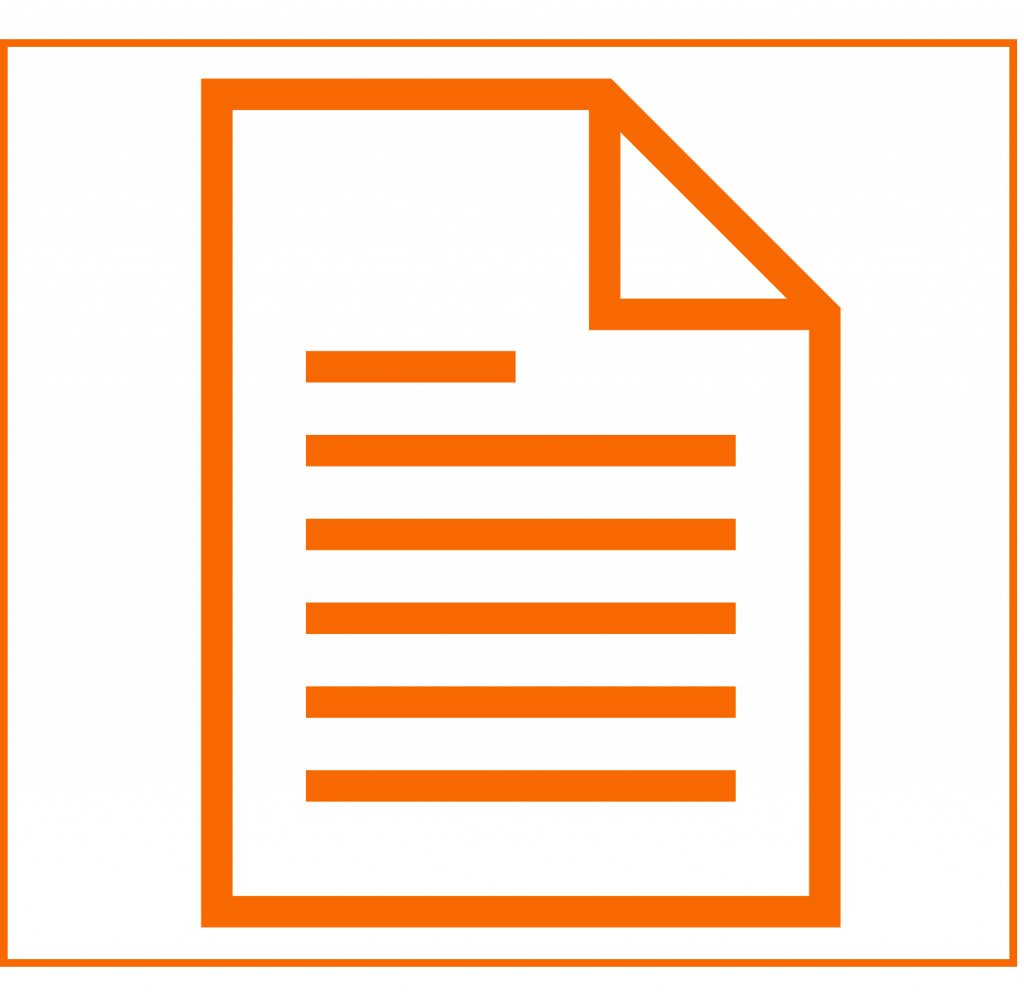Faculty and staff assessing student learning and/or operations should center equity in each phase of the assessment process to ensure the curriculum, learning experience, or initiative supports all students. Institutional Effectiveness provides strategies to use in each phase of the assessment process to center equity, resources to learn more about equity in assessment, and can provide individual consultations to programs/units.
“Assessment, if not done with equity in mind, privileges and validates certain types of learning and evidence of learning over others, can hinder the validation of multiple means of demonstration, and can reinforce within students the false notion that they do not belong in higher education”
(Jankowski & Montenegro, 2017, p.5)
Equity Strategies to Use in Phase 1: Specify & Plan
- Develop program learning outcomes using clear language appropriate for all learners.
- Explore non-cognitive taxonomies such as Finks Taxonomy when crafting outcomes.
- Provide students with multiple ways (measures) to demonstrate their knowledge or skills.
- Ask students enrolled in the program to identify meaningful learning experiences (measures) they had in courses aligned to the program learning outcomes.
- Consider adopting a culminating signature assignment such as a portfolio, presentation, or exhibition that allows students to demonstrate holistic learning in relation to the outcomes.
- Design assignment prompts or instructions using the Transparency in Learning and Teaching (TILT) framework which utilizes a purpose, task, criteria outline to increase transparency and clarity for students.
- Identify achievement criteria based on the industry, field, and/or faculty expertise. Criteria should set all students up for post-graduate success.
Equity Strategies to Use in Phase 2: Collect & Analyze
- Collect multiple different assignment types (measures) to assess each outcome across the curriculum.
- Disaggregate data by student subgroups (first-generation, non-traditional students, students from underrepresented backgrounds, students with disabilities, transfer students, students who speak English as a second language, etc...).
- When looking at results of different student subgroups, be sure to look at the evidence with the established criteria in mind and not compare performance of one group to another, in particular to the majority group.
- Compare results of one or more measures over a few years to determine consistency of findings. (This can be a very helpful approach for small programs.)
- Compare cohorts of students (e.g., class of 2022 and class of 2023 following a change to look at learning improvement) or for the same students at different times (e.g., class of 2025 in their first year and again during senior year).
- Share results with students to seek feedback on ways to enhance learning.
- Discuss assessment results with all program faculty often to maintain a reflective culture.
- Identify patterns of strength seen in student work as well as patterns of underperformance.
- Ask faculty and students, "Why did students learn [this] but not [that]?"
- Ask faculty and students, "Why did some students master [knowledge/skills] but others did not?"
- Ask faculty and students, "What courses best prepare students to do well in this program?"
Equity Strategies to Use in Phase 3: Action & Follow Up
- As the needs of your students and the program evolve, so will student learning outcomes, the curriculum, instructional methods, and assessment practices. Establish a manageable timeline to implement and assess actions based on results.
- Include students and alumni in discussions about actions. They are experts in their own experience with the program and can provide keen insights.
- Ask faculty and students, "What actions should we consider or take to address underperformance (in a particular course or outside of it)?"
Resources
Equity-Centered Assessment in Action
Gavin Henning conducted a series of interactive workshops to incorporate equity-centered practices and further support student learning and operational success . Find below session recordings and presentation slides. The workshop was conducted on May 25, 2022.



